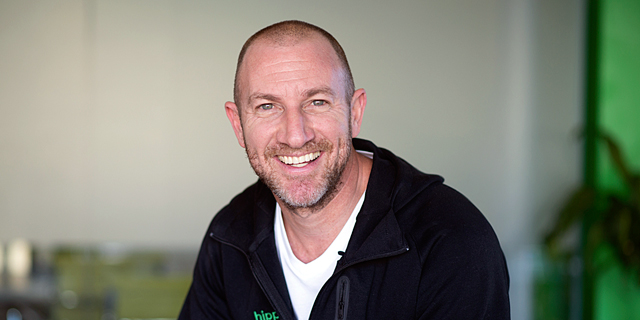
Analysis
The Hippo in the room: How the insurtech unicorn lost half its value in two weeks
Hippo has become the poster boy for everything that is problematic with SPACs, with 83% of the capital raised by its SPAC being withdrawn prior to the IPO and disappointing reports leading to a dramatic drop in its stock price
Thus, if at the beginning of its affair with special purpose acquisition company Reinvent Technology Partners, that included Zynga Inc. founder Mark Pincus and LinkedIn co-founder Reid Hoffman as its lead directors, it seemed that Hippo would be challenging fellow Israeli-founded insurtech company Lemonade, the collapse in the price of the stock of the former means that it is currently being traded at almost half of the valuation of its rival.
In many ways, Hippo has become the poster boy for everything that is problematic with SPACs. Hippo was founded in 2015 by Israelis Assaf Wand (CEO) and Eyal Navon (CTO). In November of last year, it secured a $350 million investment from Japan's Mitsui Sumitomo Insurance Company at a valuation of $3 billion.
Even though Hippo has no Israeli employees and its Israeli founders live in the U.S., it counts Israeli institutional investors like Clal Insurance, Psagot Investment House, Poalim Capital Markets, and VC fund FINTLV, which led the company’s July 2020 funding round, among its investors. The first sign that the $5 billion valuation awarded to Hippo as part of the SPAC was exaggerated became very clear when some 83% of the capital raised by Reinvent Technology Partners was withdrawn, and $192 million was returned to investors. In fact, only 19.2 million shares out of the 23 million shares issued, were sold. Under the original SPAC merger plan, the insurtech company was expected to receive $230 million from the SPAC’s funds and another $550 million raised from institutional investors in the PIPE phase. Although Hippo still started trading at a value of $5 billion, as agreed with the SPAC entrepreneurs, it had to make do with “only” $550 million. Withdrawing part of the capital raised for the SPAC is a possible scenario in these mergers as the investors in the SPAC are the so-called "weak hands", who buy the SPAC shares even before the identity of the company that will be merged into it is known. To make it more attractive, investors in such a round receive two incentives. An option to sell the shares for their original $10 price, as well as an option to later acquire the public company’s shares. Hippo suffered another hit following the release of its first results as a public company last week. The company's share price dropped by 15% despite the firm's announcement that it had crossed $500 million in total generated premium in force in Q2 of 2021 and year-one customer retention grew to 88%. The home insurer saw its total amount of generated premium increase by 101% to $159 million. However, of the $501 million generated, only $21 million was ultimately reported as revenue. The company's Gross Loss Ratio in the second quarter of 2021 was 161% compared to 106% in Q2 of 2020, far from the 60% it said it was targeting when it went public. Hippo explained that severe hail storms in parts of Texas, where 19% of the company's clients are located, hurt its bottom line with Q2 residential cat losses in Texas being the third-highest reported in the past 24 years.